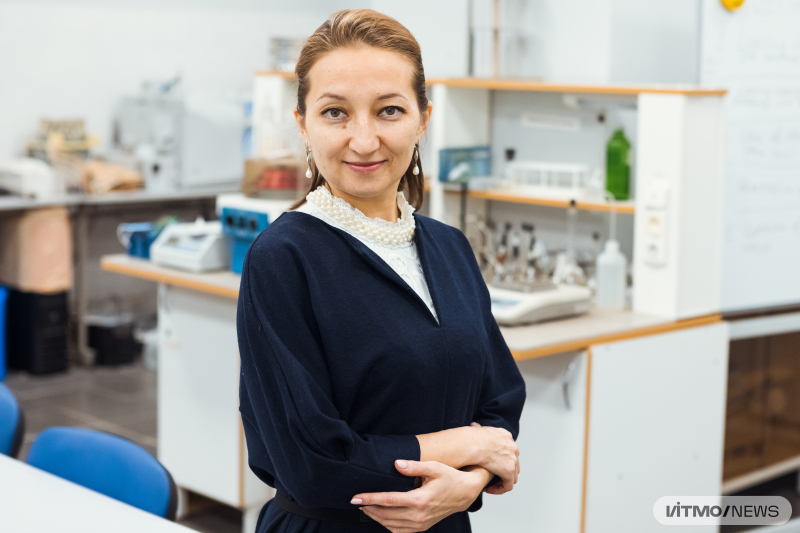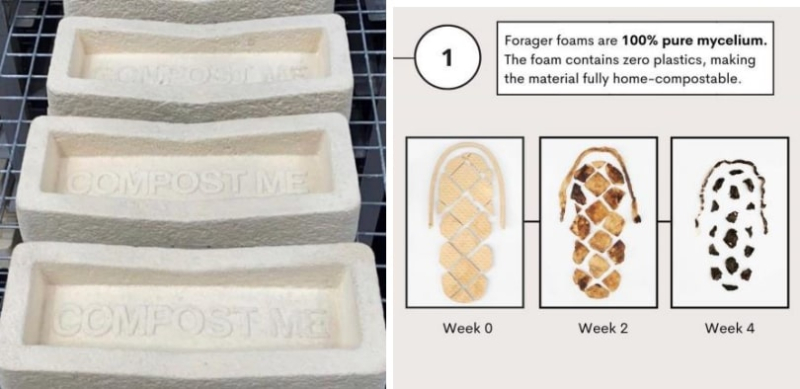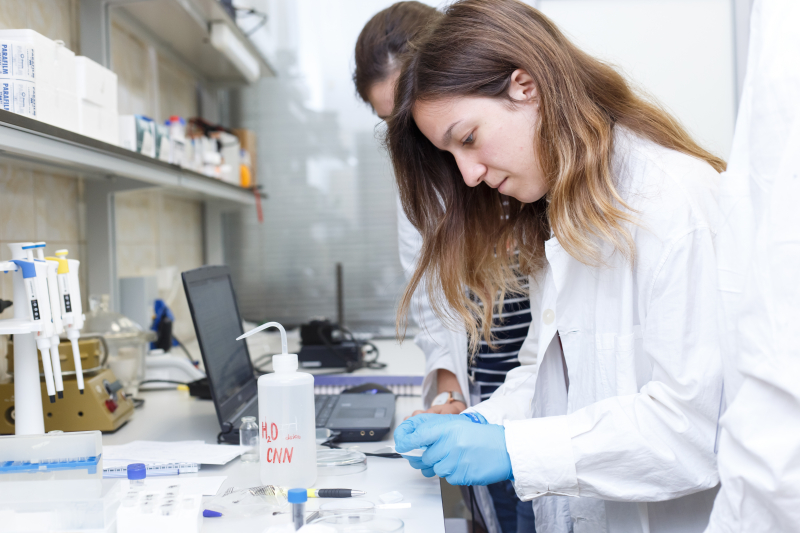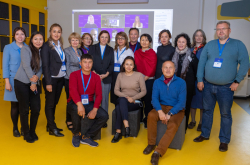When products are marked as biodegradable, it doesn’t always mean that they can be fully decomposed by microorganisms and won’t leave a trace of microplastic. Currently, it’s a very vague concept, which means anything can be marketed as such. On the global market, this aspect is regulated by the OK compost certification system: the materials that pass all the necessary tests to confirm their full biodegradability and absence of negative impact on flora get their official mark. In Russia, there is no analogous certification standard.
Thanks to the system suggested by ITMO scientists, it will be possible to conduct expert evaluation of materials’ decomposition and regulate this concept on the market.
“In Russia, OK compost is only used in relation to imported products – OK compost cannot certify domestic ones. This means that while we can’t use the European standard, we also don’t have our own certification system. That’s why our next step is certifying the measuring equipment and acquiring the necessary papers that will allow us to officially certify the materials we will perform our tests on,” says Nelli Molodkina, the head of the project and an associate professor at ITMO’s Faculty of Ecotechnologies.

Nelli Molodkina. Photo by Dmitry Grigoryev / ITMO.NEWS
The suggested system is based on the Russian GOST standard, which has been translated from the international ISO standard – only with it is it possible to issue the OK compost label. As for the method used by the researchers, it is a controlled observation of the decomposition of the material with constant measurement of the level of carbon dioxide released in the process, which acts as an indicator of the degree of composting. The testing installation is a base with several tiers, each of which has containers with reagents that capture CO2, and with the samples themselves placed in flasks with soil and organic fertilizer.
“There are three containers: one with the compost and the tested material, another with the compost and the standard sample as our positive control (a sample with confirmed biodegradability), and the third one with pure compost as negative control. Each combination is repeated three times and studied separately, in order to ensure that we get statistically significant data about the difference between the indicator averages,” shares Evgeny Nikolaev, one of the project’s authors and a PhD student at ITMO’s Faculty of Ecotechnologies.

Mycelium packaging. Credit: economics.ihbt.ifmo.ru
The testing lasts from 45 days to six months, depending on a material’s decomposition time. In the end, scientists obtain an exact percentage of the degree of biodegradation. If the indicator reaches 90%, the material is considered biodegradable. If less, the material is categorized as not compostable.
Five samples have already been tested: coffee cup lids with the OK compost label, the cups themselves, biodegradable tableware and a liquid band-aid created by the scientists, as well as a sample of mass-produced tableware. The first test confirmed the accuracy of the evaluation method. So far, the scientists are collecting data on the degree of product decomposition and the volumes of carbon dioxide released during this process manually. In the future, they plan to automate this process as much as possible. The project already has a commercial partner interested in its development and ready to invest in the testing system.
“New biodegradable materials will continue to appear and be implemented. Most likely, there will be related regulatory changes on the governmental level. As a result, certification will become mandatory,” concludes Nelli Molodkina.
The project is developed within the program for supporting students’ R&D projects.





